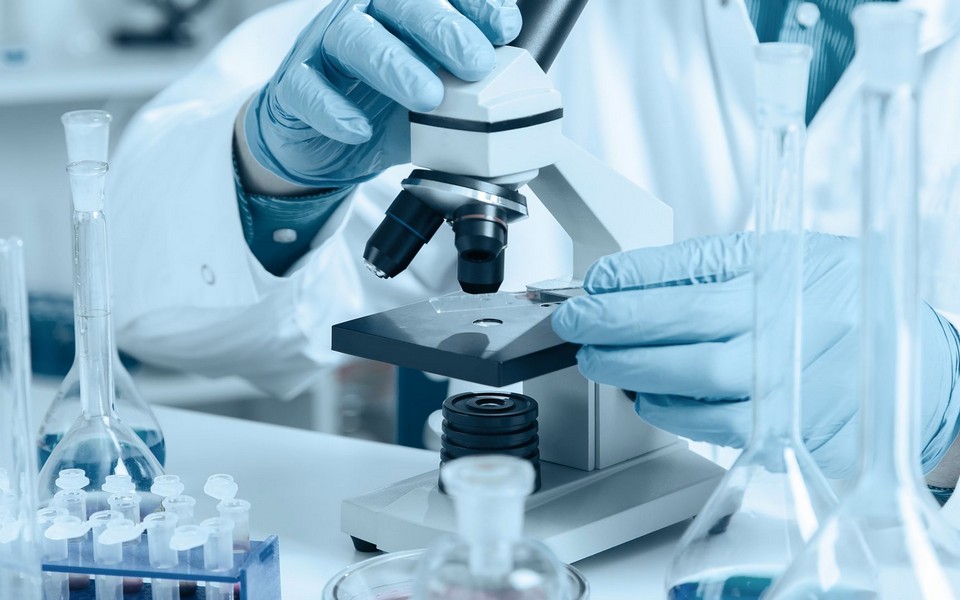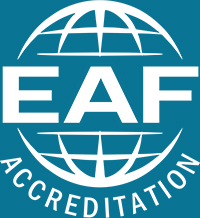MANAGEMENT SYSTEM

This accreditation demonstrates to the marketplace, stakeholders and regulators that the bodies have met the EAF accreditation requirements and are periodically monitored for compliance....
INSPECTION BODIES

EAF offers internationally recognized accreditation programs for inspection bodies. EAF accreditation shows that an organization has met the international standard for inspection bodies ...
TESTING LABORATORIES

EAF accredits testing laboratories that demonstrate technical competence, impartiality, and reliability in producing accurate test results recognized by industry and regulators.


